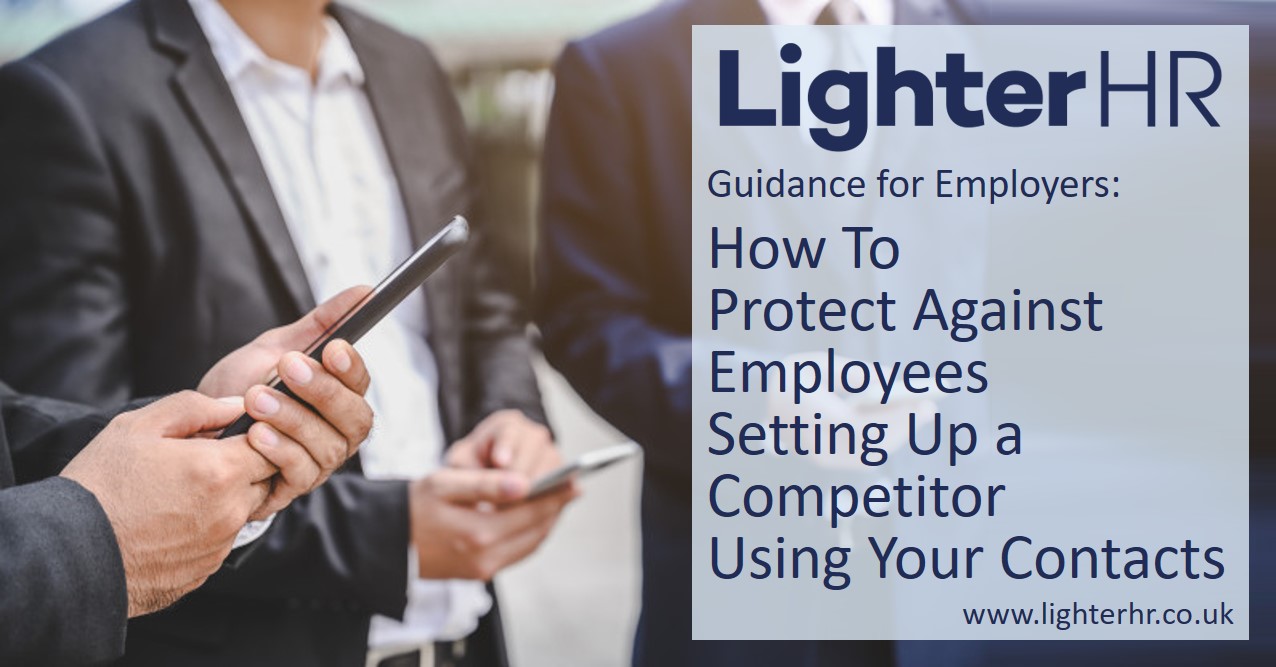
Business Guide to Outsourcing HR
Guidance on Outsourcing HR If you’re thinking about outsourcing your HR, have some questions and want to know a bit more about what it would entail, you’re in the right place. Providing outsource HR services to businesses from almost every sector and of varying different sizes is what we do. We’ve pulled together the questions…
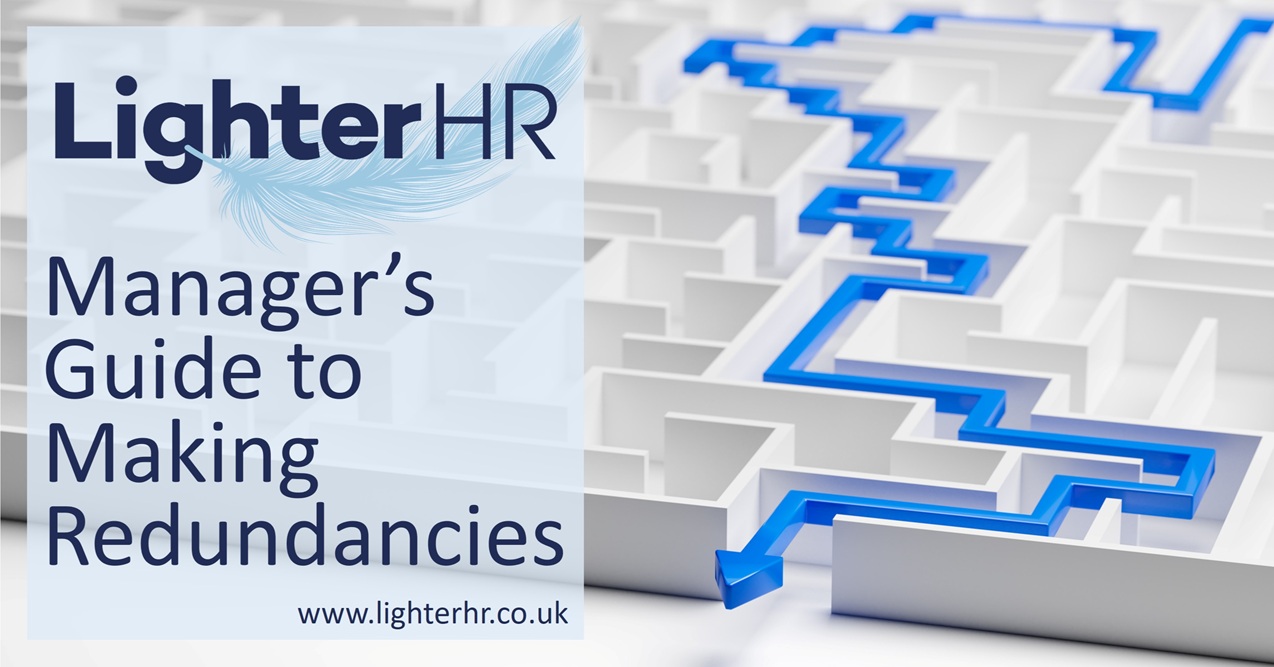
Business Guide to Making Redundancies
Guidance on the Redundancy Process from HR Experts Introduction Making redundancies is one of the hardest things any business owner or manager can have to do. The legal process that you need to follow has been designed to provide a structured, fair and transparent way of managing redundancies but there are many unexpected challenges and…
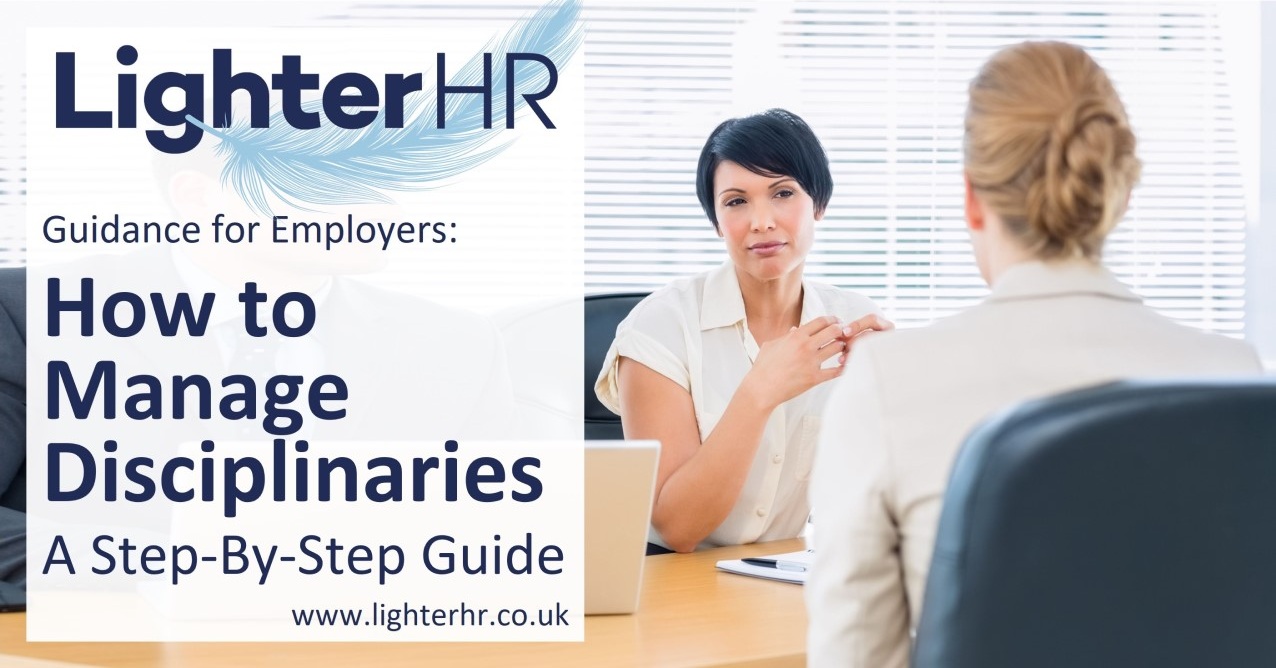
How to Manage Disciplinaries
The need to manage disciplinary situations can arise for a variety of different reasons. Sometimes an employee is not performing as they should. Sometimes attendance or punctuality is a problem and sometimes someone just does something they shouldn’t.
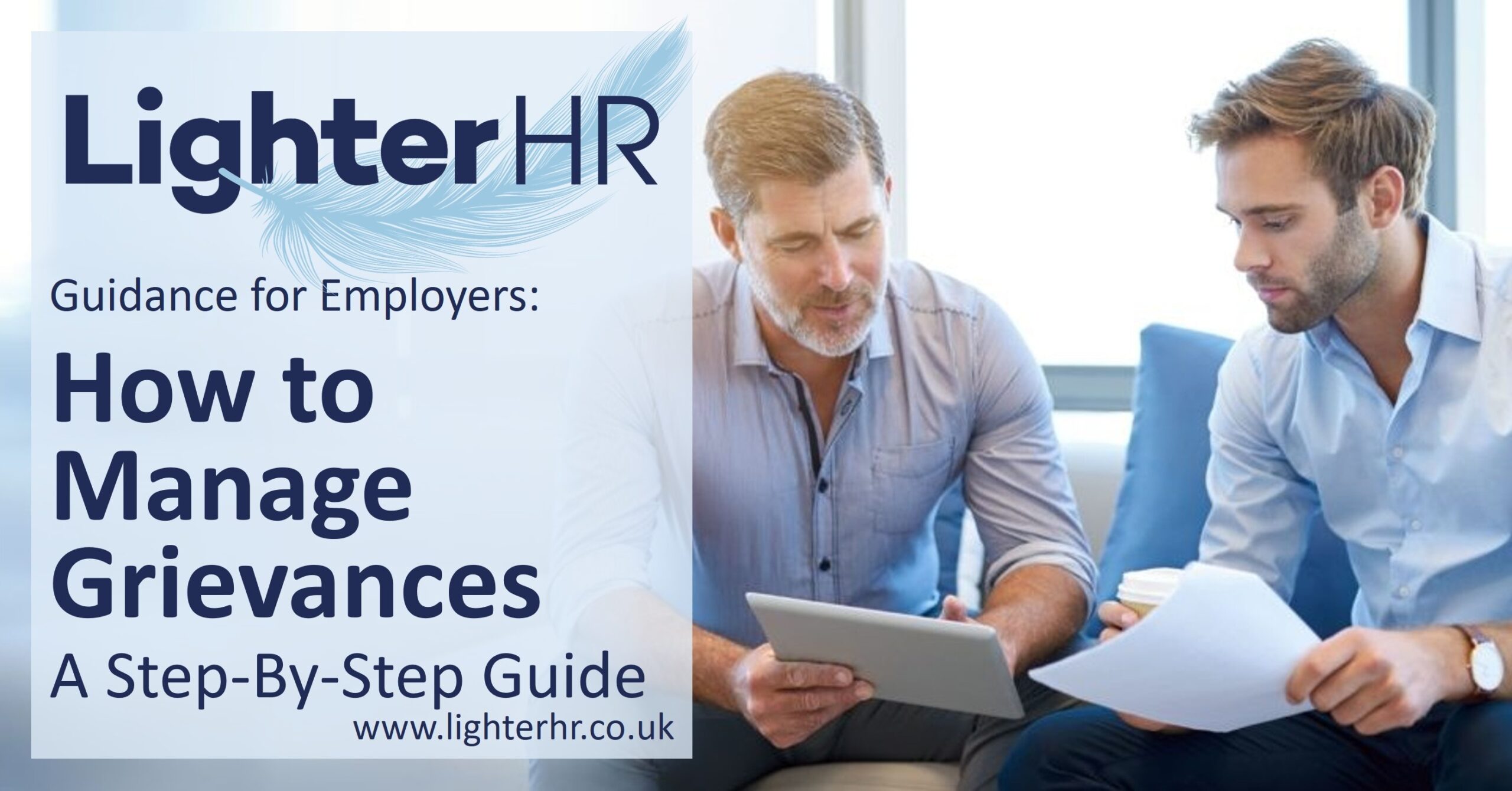
How to Manage Grievances
Guidance on the Grievance Process from HR Experts Introduction A few weeks ago we wrote a blog post about the mistakes companies can make when handling an employee grievance. We thought it might be useful to step back a little and create a step-by-step guide on what an employer should do if they receive a…
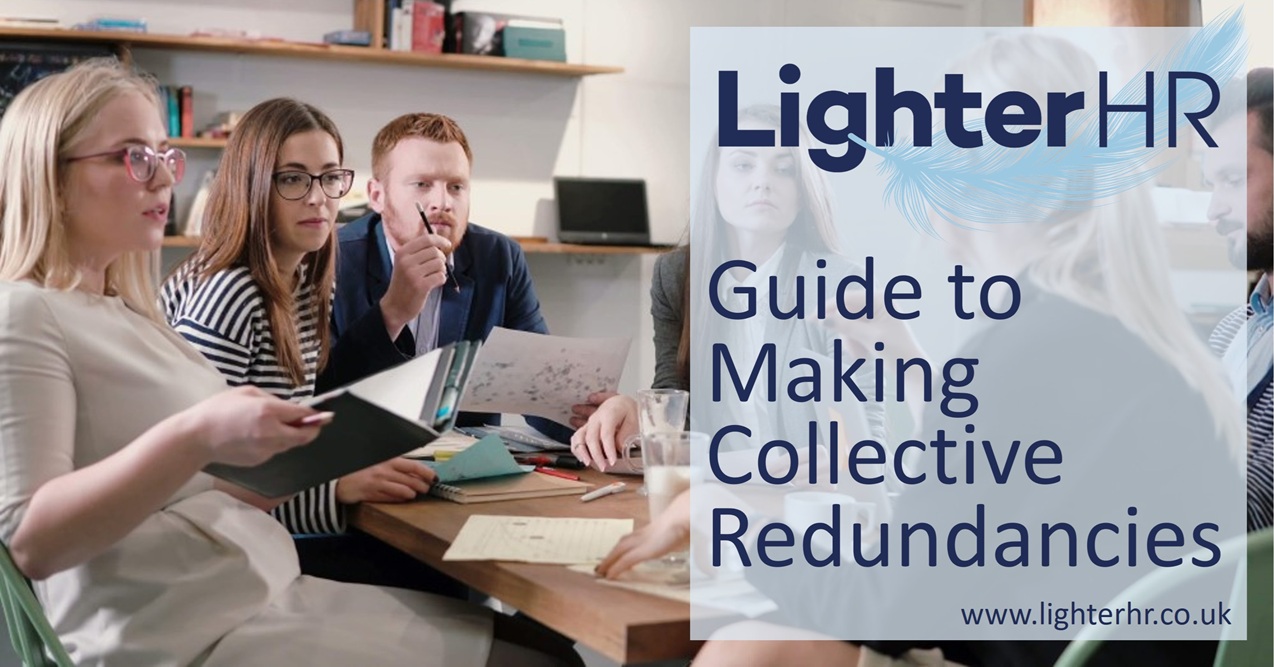
Guide to Managing Collective Redundancies
Guidance on Managing Redundancies for 20 or More Employees Redundancy is one of the hardest actions any business owner or manager has to take. The legal process that you need to follow ensures you follow a structured way of managing the redundancies. However, there are many unexpected challenges that can crop up along the way.…
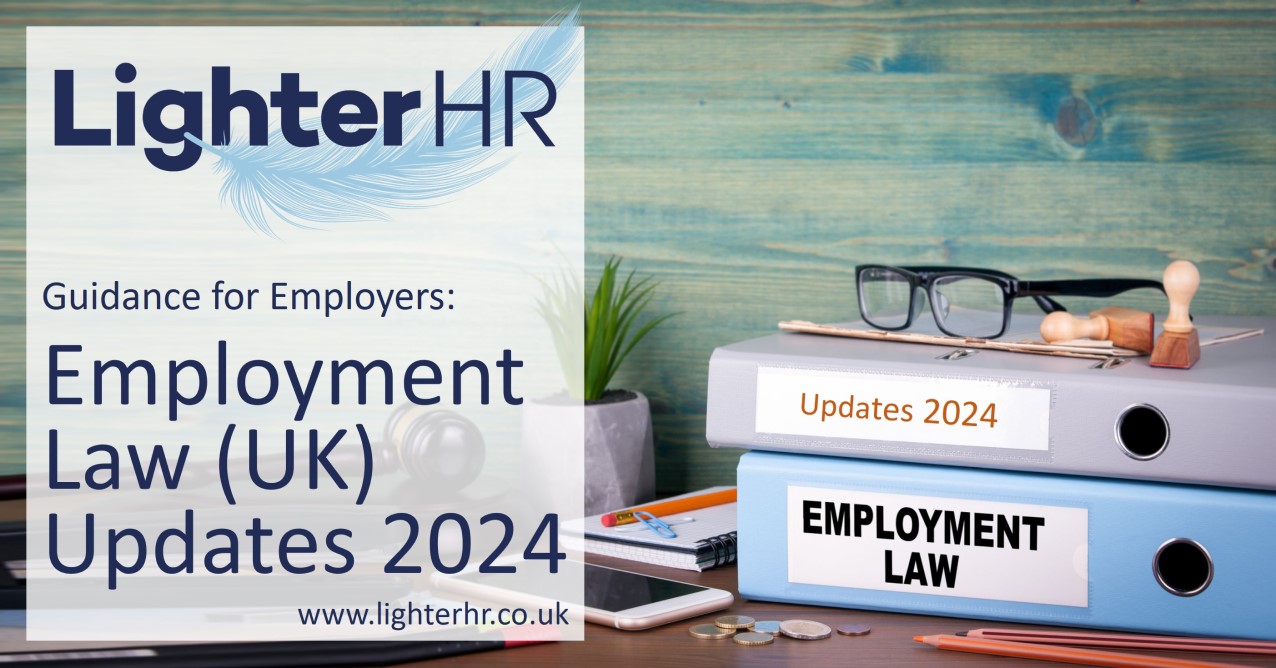
Business Guide to Employment Law Updates 2024
Insights into UK Employment Law Changes for 2024 2024 saw a lot of changes to employment law in the UK. Some of these were driven by Brexit and the fact that, after 31st December 2023, EU legislation ended unless the UK took steps to move it onto the UK statute book. Changes relating to this transition…

HR Insights and Guides
Practical help to ease the pressure when HR situations get difficult
Straightforward advice to help you manage HR challenges effectively
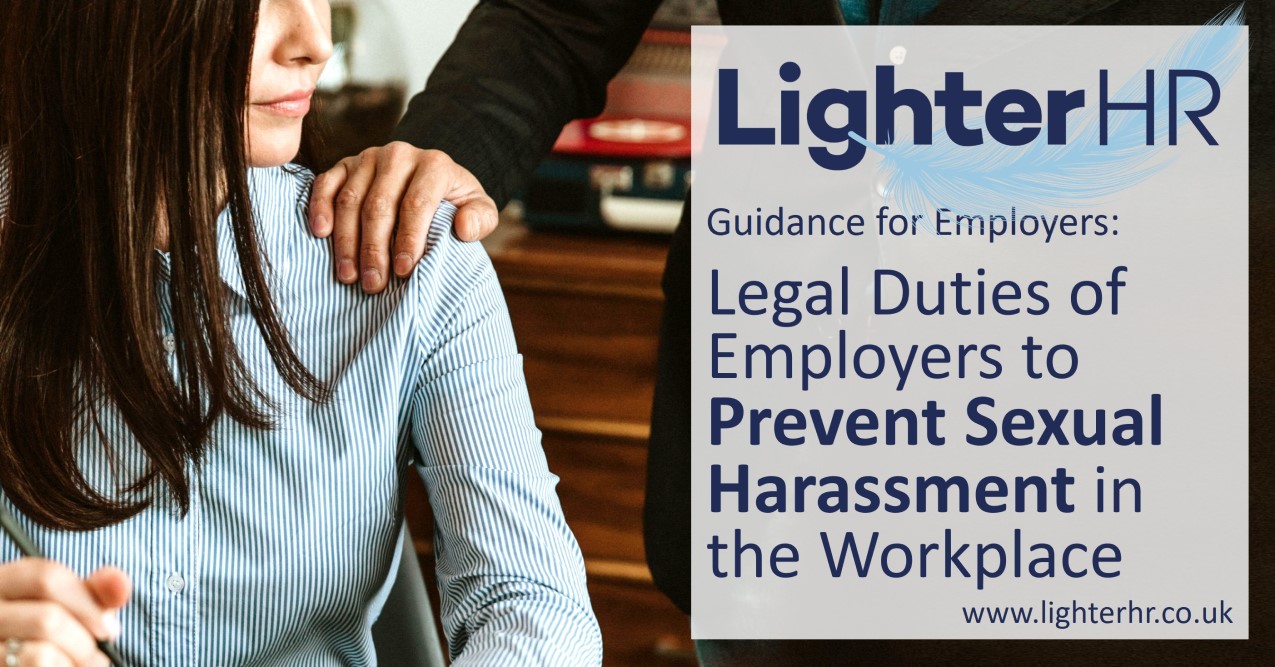
Preventing Sexual Harassment in the Workplace
Businesses have a statutory duty to take action to prevent sexual harassment. Employers are legally required to take reasonable steps to reduce the chance of sexual harassment happening in the workplace. Our post provides insights into organisations moving from dealing with complaints to taking action in prevention.

Company Liability at Corporate Events
Company liability at corporate events has come up for our clients on a number of occasions, and there has been an interesting case ruling that we think people should be aware of. In this post, we’ll review the case ruling and what employers can do to minimise risks.
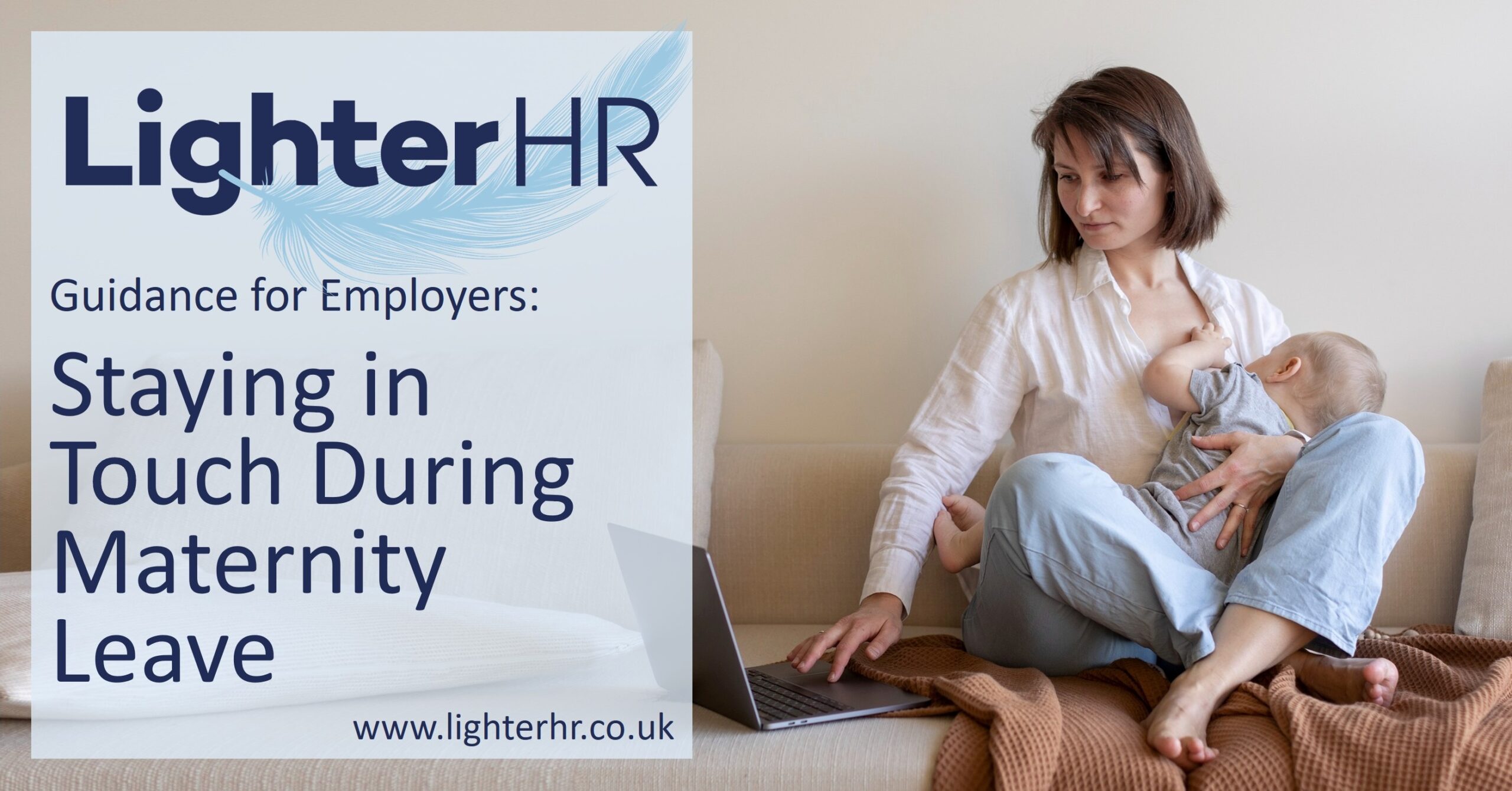
Staying in Touch During Maternity Leave: Striking the Right Balance
In this blog post, we’ll look at the legalities around communication with the employee during maternity leave and give you some tips on how to get it right.
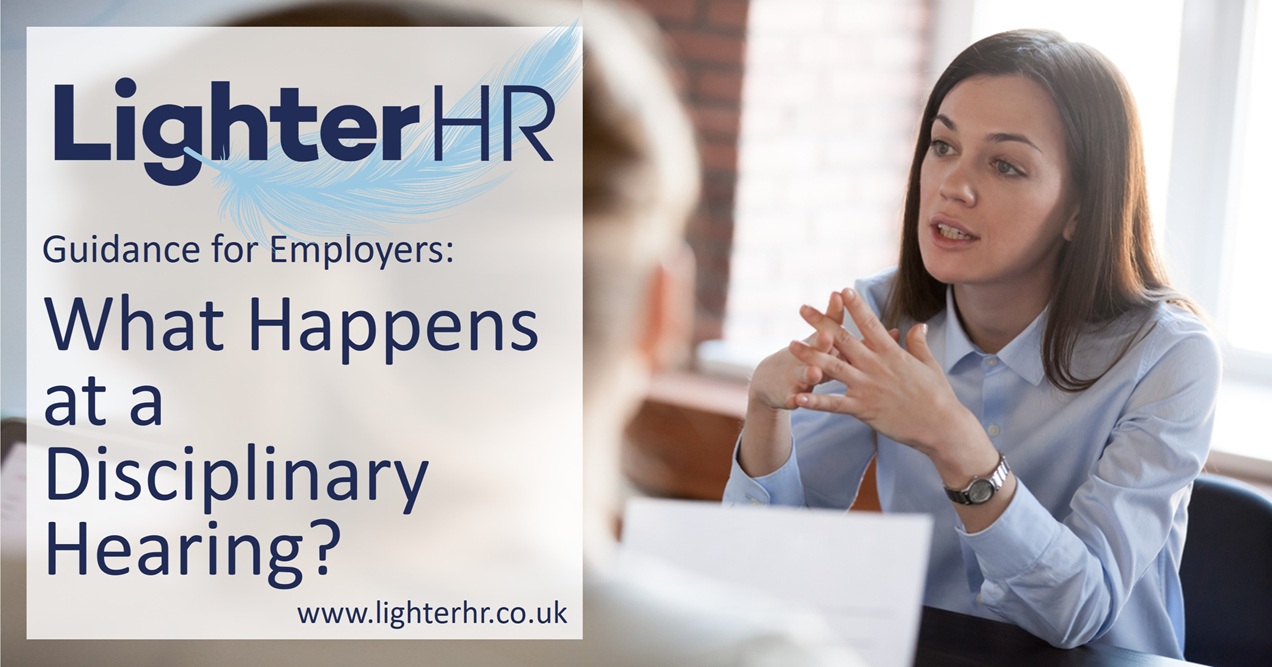
What Happens at a Disciplinary Hearing?
You find yourself in a situation where an employee has done something wrong and you need to go through a formal process with them. Part of that process will be to conduct a disciplinary hearing. But, what happens at a disciplinary hearing? In this post, we’re assuming that you’ve already conducted any necessary investigations and invited…
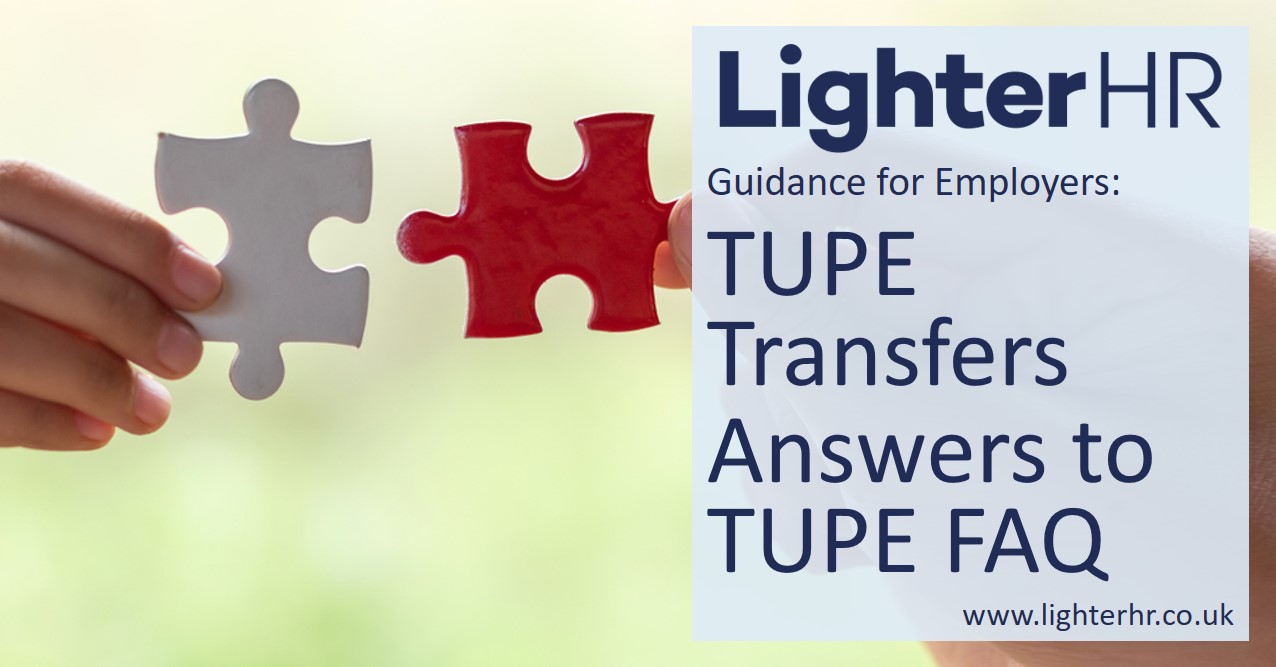
What Does TUPE Mean? An overview of TUPE
The Transfer of Undertakings (Protection of Employment) Regulations (TUPE) has been in place in the UK since 1981. It remains one of the most complicated and frustrating piece of employment legislation. As with much UK employment law, the original directive came from Europe but it was retained post Brexit! Given the complexities, we thought it…
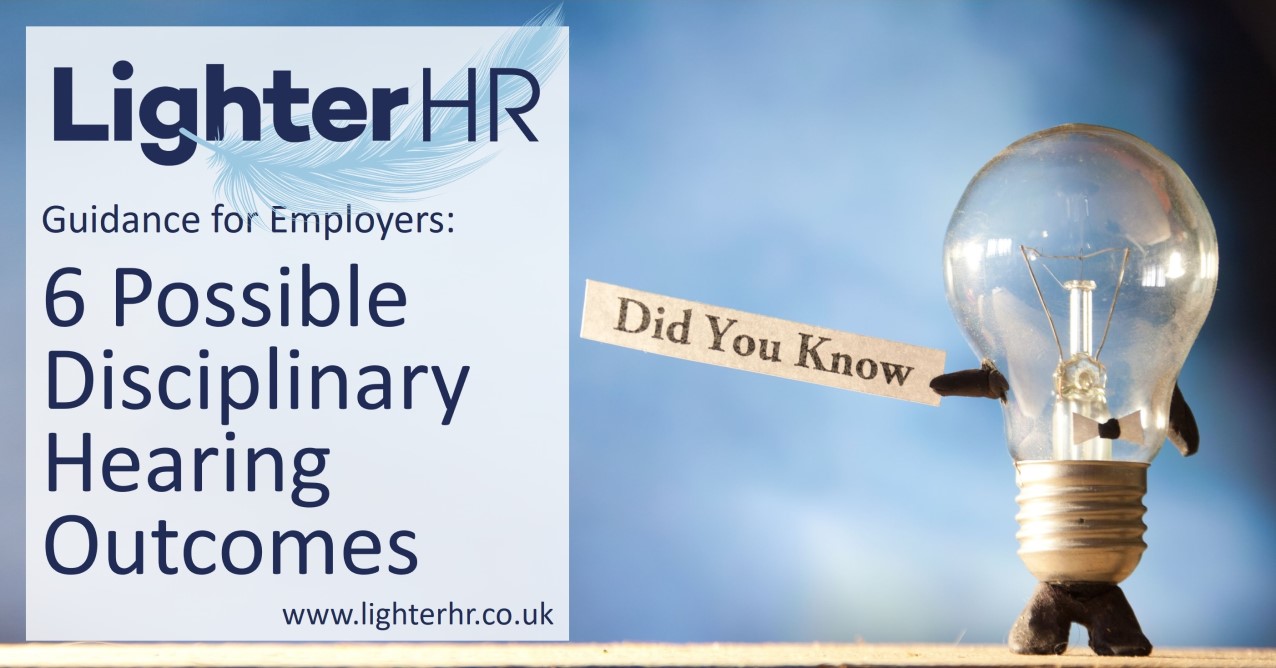
6 Possible Disciplinary Hearing Outcomes
Navigating the outcomes of disciplinary hearings can be challenging and it is important for managers to decide on the outcomes which are fair and reasonable. In this blog, we walk you through the various possible outcomes of disciplinary hearings.

HR Guidance on Christmas Parties
Whilst Christmas can be the perfect time for social bonding amongst your team, there are also lots of opportunities for poor conduct and unintentional discrimination, so we thought a quick guide on company-arranged Christmas events might come in useful to help you try to avoid employee disciplinary matters.
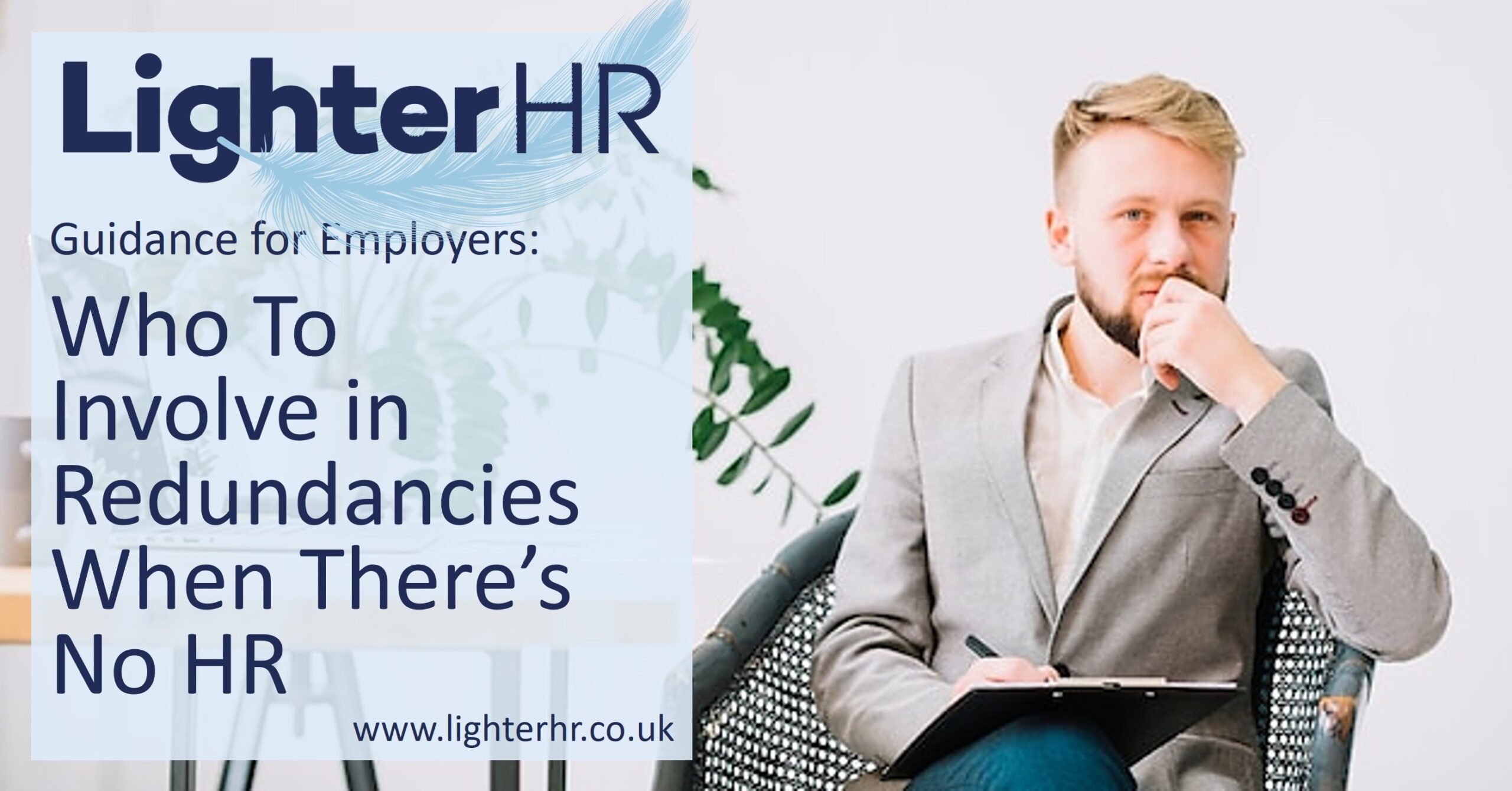
Who to Involve in Redundancies When There’s No HR
Managing a redundancy process requires a great deal of knowledge regarding employment law and insight into potential risks and pitfalls. If an organisation has HR support, they will have access to the knowledge they need. But what happens when an organisation does not have access to HR support? Who should be involved in redundancy situations…
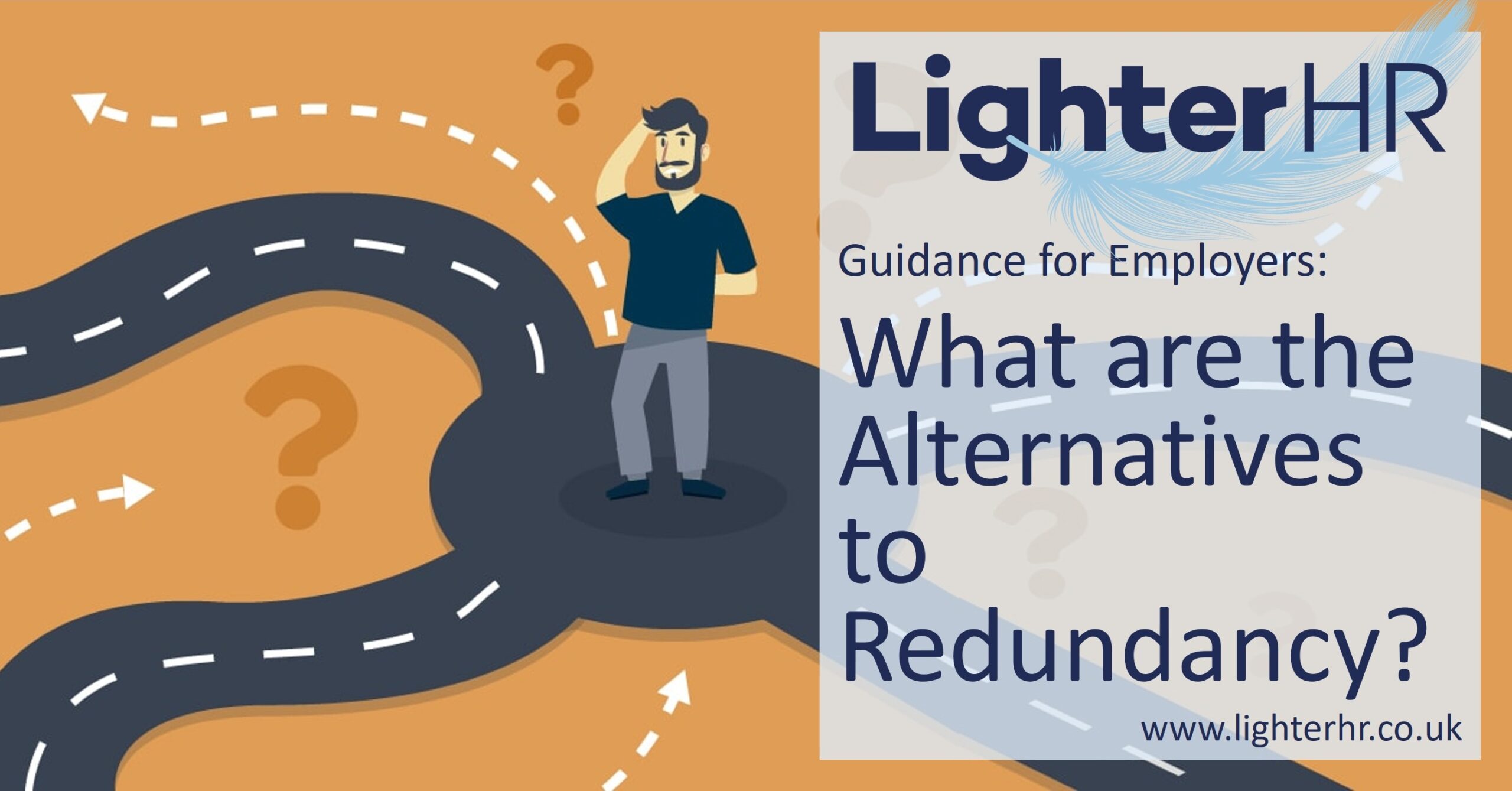
Alternatives to Redundancy: What are the Options?
Making employees redundant is time consuming, can be costly, can disrupt the work place, can damage a company’s reputation in the market and is legally quite complicated. This post looks at the alternatives to redundancy that could be considered.
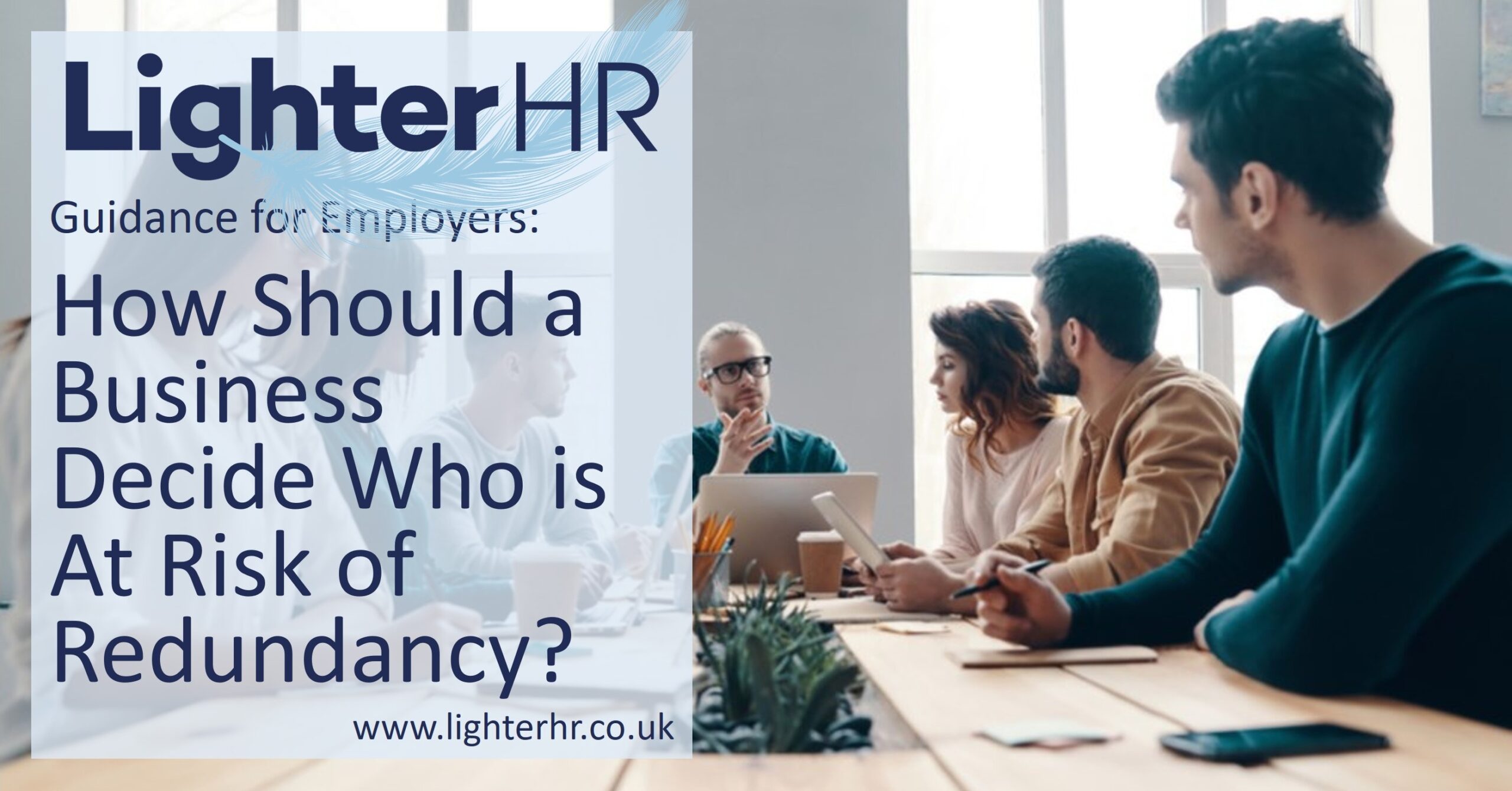
How Should a Business Decide Who is at Risk of Redundancy?
A key part of redundancy planning is to identify which employees are impacted by the changes a business is proposing. This is called “pooling” and, in this post we look at how you should go about deciding on redundancy pools.
Looking for HR guidance?
Tell us about your situation and we’ll guide you to the right support for your business.
If you can’t find what you’re looking for, see if you can find it here:


